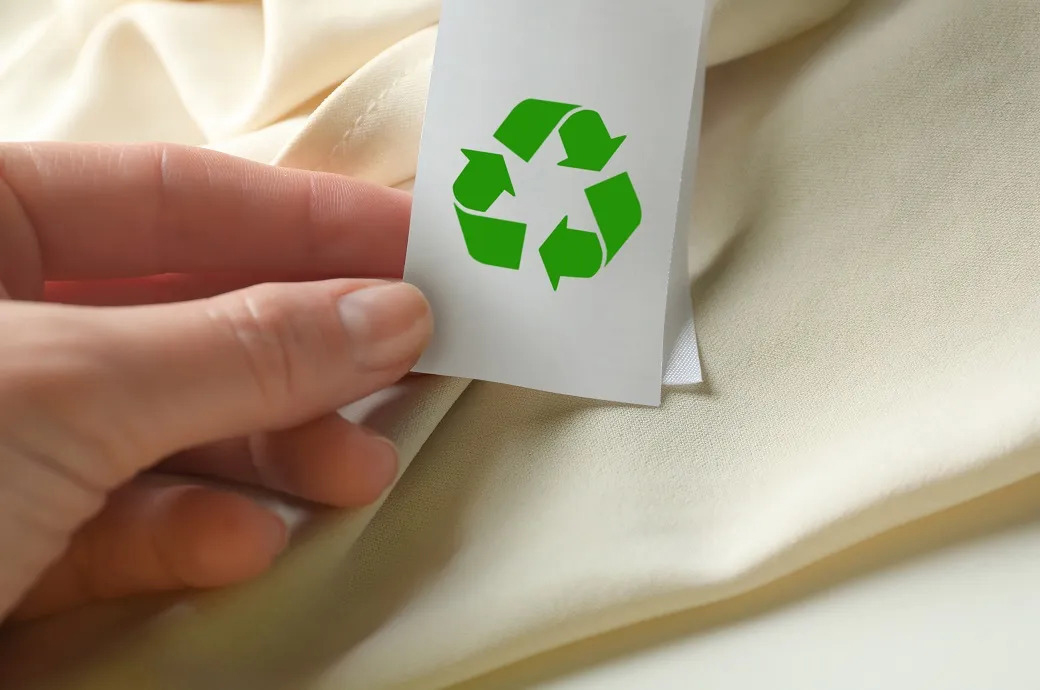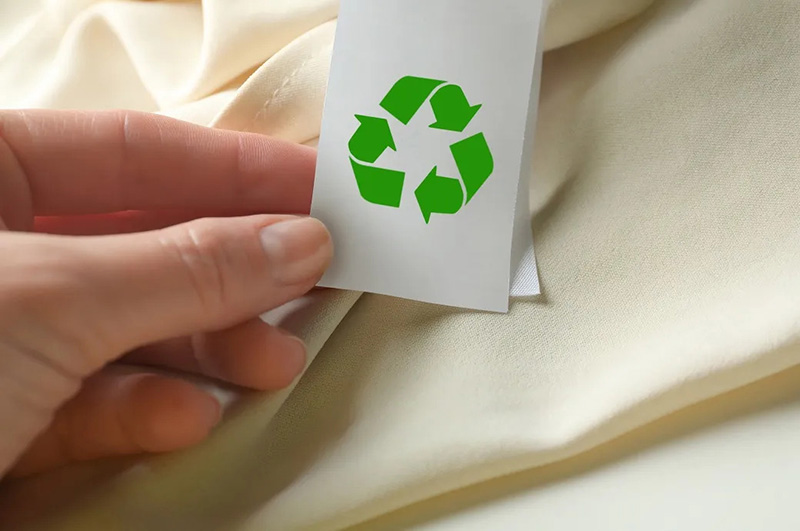
Source: www.fibre2fashion.com
A symposium on Enabling Circularity and Sustainability in Textiles held in New Delhi recently engaged the next generation to expand the reach of the Circle Back campaign. It brought together industry experts, students from esteemed schools and colleges in Delhi alongside entrepreneurs, and researchers to share lessons and knowledge to tackle post-consumer textile waste.
Textile waste, responsible for enormous water, energy and chemical footprints, is a mounting issue in India and requires all stakeholders to come together to address it. This requires a shift from fast fashion to sustainable and mindful consumption. The potential for recycling and upcycling textile waste can catalyze a new green economy of jobs and startups, aligning with India's SDG (Sustainable Development Goals) targets.
Approximately 81 per cent of all fast fashion garments end up in landfills (either due to a short life cycle after consumer use or due to excess stock) and approximately 50 per cent of fabric ends up as waste during manufacturing. To meet the enormous demand for apparel, the textile industry consumes 4 per cent of the world's water. Producing a t-shirt takes around 2,700 litres of water, which equals the amount of drinking water needed by one person in 2.5 years.
The symposium also marked the launch of a new exhibition on Circle Back showcasing students' creatively upcycled products from NIFT-Delhi, IIT-Delhi, Dr BR Ambedkar School of Specialised Excellence, Sanskriti School and The Mother's International School. The students shared their experiences and lessons learnt in the Circle Back Campaign with all participants of the symposium.
"We try to tell the youth of the country, what the importance of reducing and reusing is. Till the time we don't inculcate a sense of pride in the student that they are doing a great service to society by reducing waste, we won't be able to generate ownership in them with respect to circularity,” Himanshu Gupta, secretary of CBSE, said.
